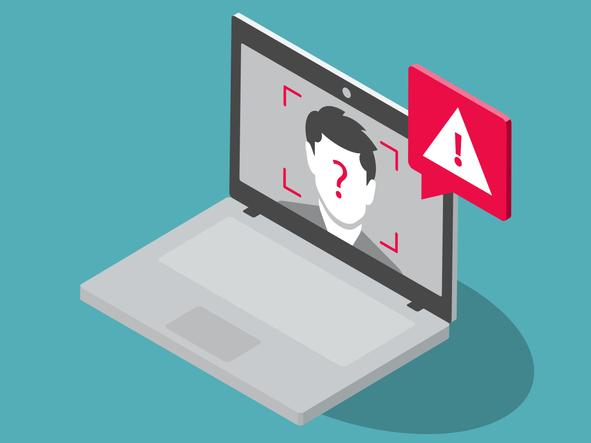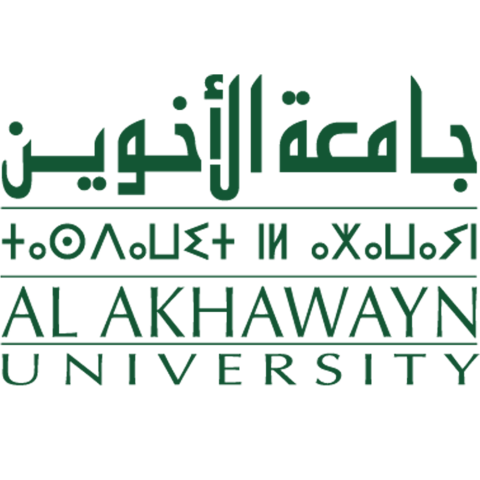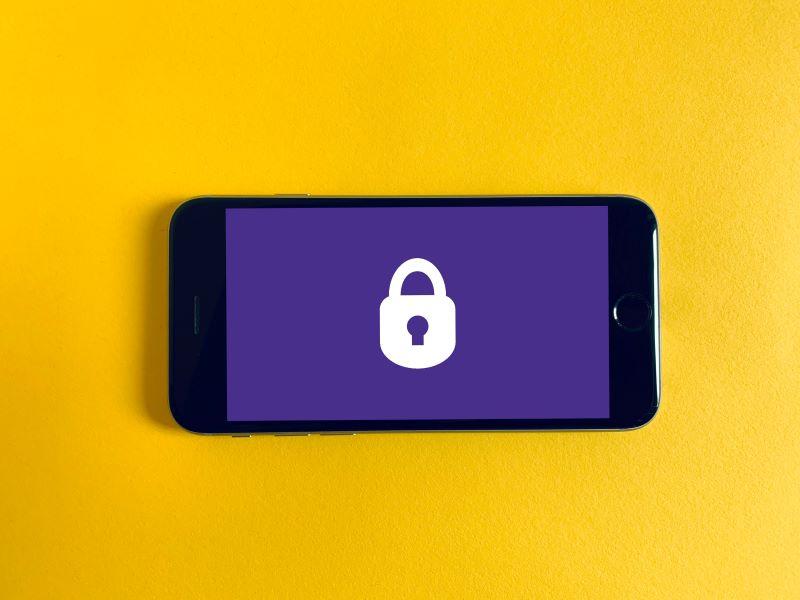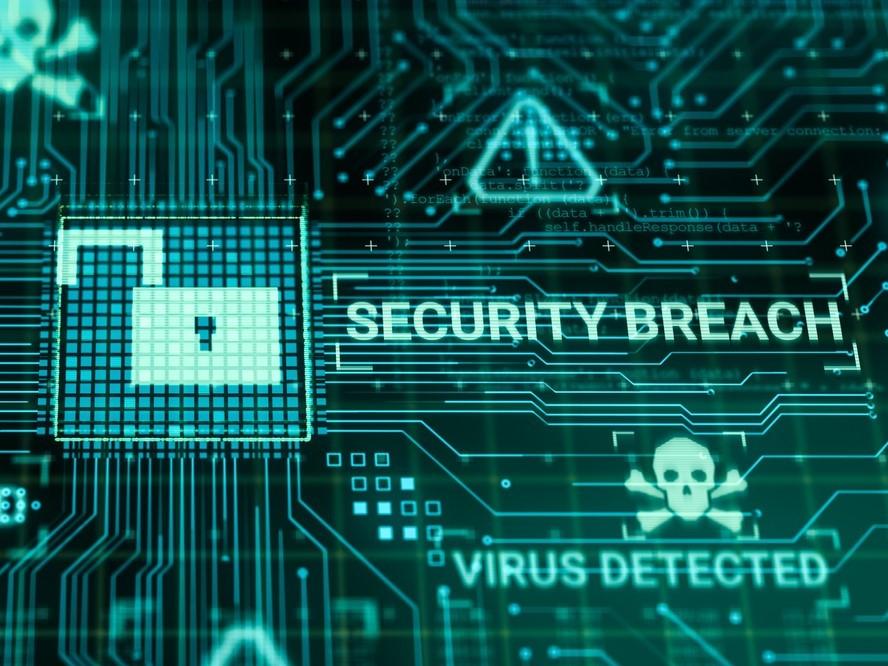
The looming threat of deepfakes
You may also like
The rapid advancement of deepfake technologies in recent years has raised profound concern across various sectors, including academia.
Deepfakes, which refer to AI-generated media able to convincingly mimic real people’s appearances and voices in fabricated scenarios, pose a significant threat to the integrity of digital information.
- Deepfakes are coming for higher education. What can we do to prepare?
- To demystify AI for your students, use performance
- How to navigate the grey areas of AI ethics
For universities, these dangers are particularly acute. As institutions entrusted with fostering knowledge, universities must be vigilant against the potential misuse of deepfakes, which, if left unchecked, can undermine trust, damage reputations and compromise the safety of students and staff.
The threat of deepfakes to universities
Deepfakes can have a devastating impact on higher education institutions. At their core, universities are built on the trust and authenticity of information they generate. But deepfakes erode this trust by creating highly convincing forgeries of digital content, making it difficult to discern what is real from what is manipulated.
For instance, a deepfake video of a university leader making controversial statements has the potential to go viral, resulting in public outrage and reputational harm. Similarly, deepfake content can be used to harass or defame students and faculty, creating hostile and unsafe learning environments.
In the news recently, AI deepfakes of Prince William and Keir Starmer were used in adverts promoting a fraudulent cryptocurrency trading platform, reaching up to 890,000 people on Facebook and Instagram.
For students living away from home for the first time and looking to boost their finances, such scams can prove devastating to both their bank balances and mental health.
Deepfakes also threaten the very integrity of academic research, where publishing relies on the authenticity of data and peer-reviewed content.
Act now to prepare universities for a deepfake world
A deepfake that manipulates research findings could lead to the dissemination of false information, damaging the credibility of the academic community and potentially leading to public mistrust in science and scholarship.
It could also result in academic misconduct, such as fabricating data or falsely attributing authorship, further compromising standards of academic integrity.
Our current research into deepfake technology, led by Al Akhawayn University researcher Aaya Bougrine, is leveraging a hybrid detection model for universities and industry that integrates multiple techniques, in order to enhance detection accuracy.
This includes recognition algorithms that identify certain anomalies generated by image manipulation, as well as blockchain technology, which enhances the security and verifiability of detected deepfakes.
Blockchain serves as an immutable ledger that records the authenticity and chronological order of media files, meaning that once an image is verified as authentic, any subsequent alteration or manipulation can be detected.
This process also provides transparency and traceability, which is critical for validating the integrity of media content in digital environments.
Our development efforts are further focused on refining and scaling this hybrid detection model across digital platforms and media organisations, to help strengthen their defences against deepfake threats.
While this process is advancing, here are three essential points academic leaders should consider to help protect their institutions against the threats posed by deepfakes:
Enhance cybersecurity measures
Deepfakes are often created and distributed through digital platforms, making robust cybersecurity measures essential. This is not something that should purely become a task for the IT team.
Cybersecurity should be a board and leadership team agenda item, which serves to prompt leaders to ensure the university’s digital infrastructure is secure and capable of defending against cyberattacks that could otherwise create or spread deepfake content. Actions should include regularly updating security protocols, conducting vulnerability assessments and providing cybersecurity training for staff and students.
Foster a culture of digital literacy
Universities must encourage a culture of digital literacy among students and staff by teaching critical thinking skills and providing tools that evaluate digital content credibility.
This will better equip students with the skills to recognise deepfakes and other forms of digital manipulation, protecting the university community. It also prepares students to navigate a digital world where misinformation is increasingly prevalent.
Work with industry and government
Addressing the challenges posed by deepfakes requires collaboration beyond the university campus.
Academic leaders should engage with industry partners, government agencies and other educational institutions to share knowledge, resources and strategies for combating deepfakes.
Collaborative efforts lead to the development of more effective detection technologies, the establishment of industry standards and improved public awareness. By taking the lead in these efforts, universities can play a pivotal role in minimising potential harm caused by deepfakes in society.
Leading the fight against deepfakes
Universities, as centres of knowledge and innovation, are uniquely positioned to lead the fight against the dangers posed by deepfake technologies.
Initiatives involving raising awareness, investing in the latest detection technologies and fostering a culture of digital literacy among staff and students are a minimum requirement in an evolving battle against the use of malicious deepfakes and other cyber threats.
Through collaboration with industry and government, universities can help set the standard and develop solutions addressing the broader societal challenges at stake.
While some deepfake technologies offer new possibilities in media creation, they also present significant risks that cannot be ignored. Deepfakes threaten the integrity of academic information and the safety and well-being of the university community, so the stakes are particularly high. But by taking proactive steps to address these threats, academic leaders can ensure their institutions remain trusted and respected sources of knowledge in an increasingly digital world.
Salah Al-Majeed is dean of the School of Science and Engineering at Al Akhawayn University.
If you would like advice and insight from academics and university staff delivered direct to your inbox each week, sign up for the Campus newsletter.




